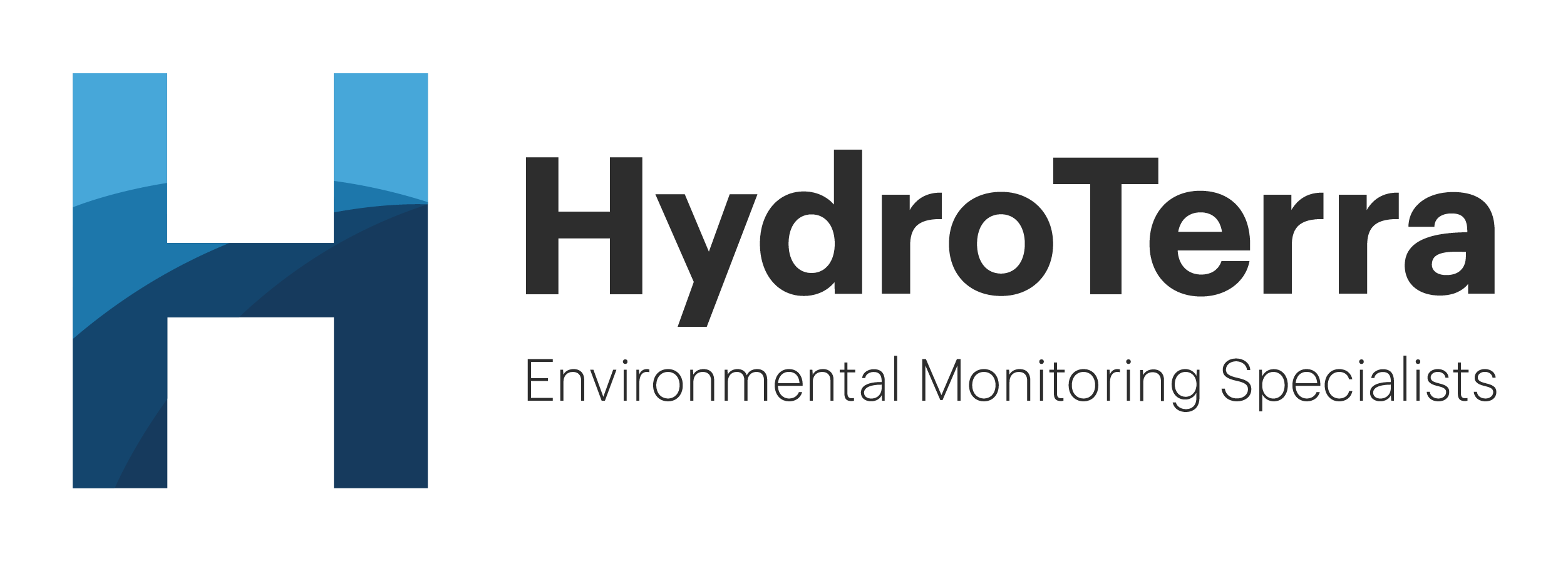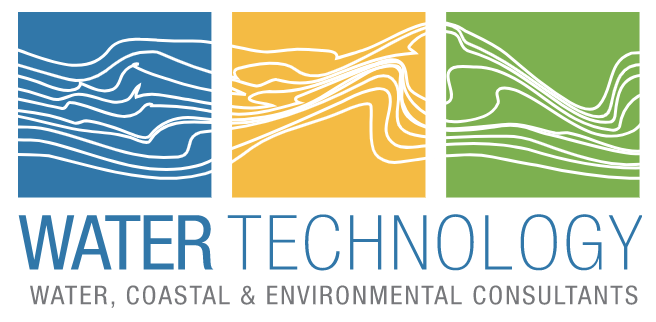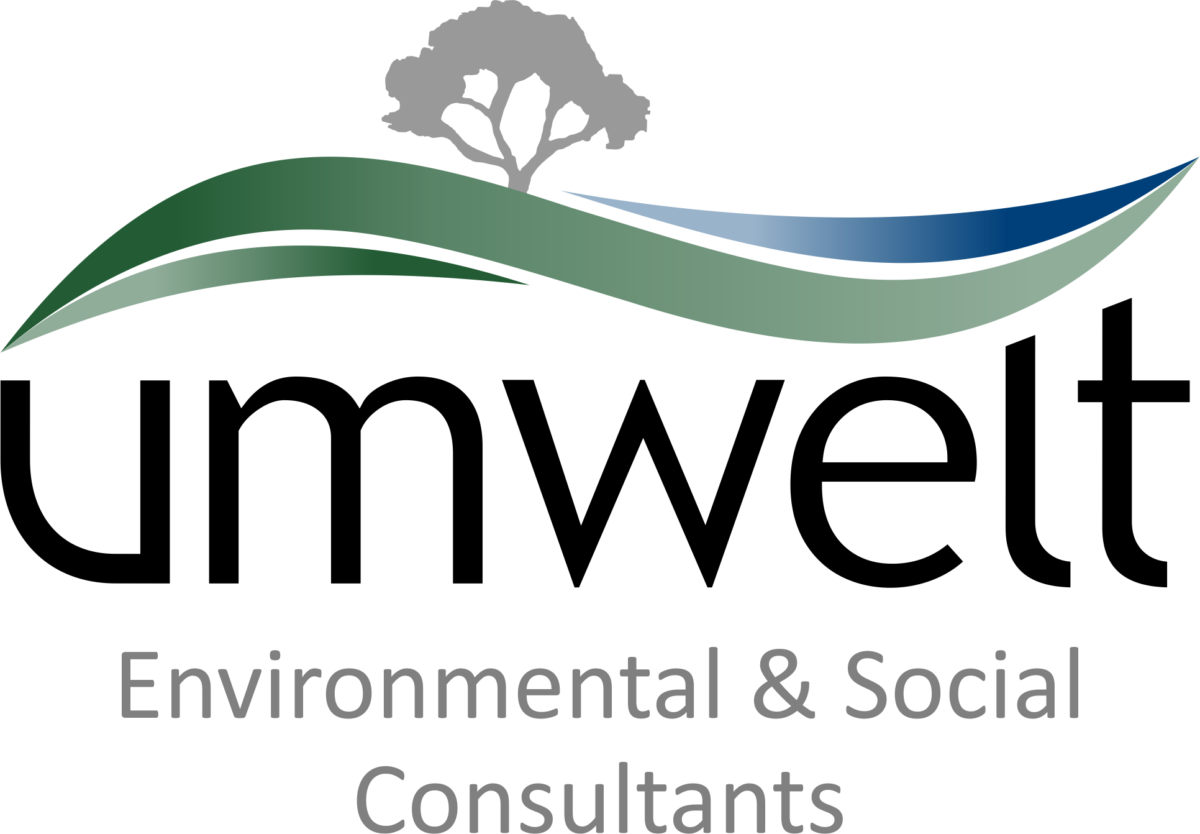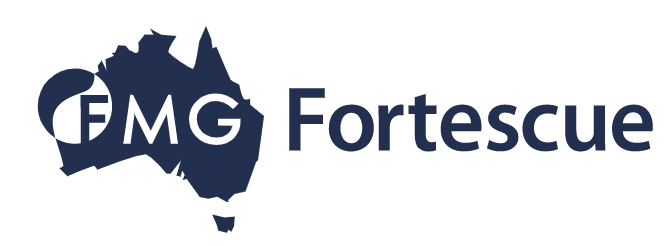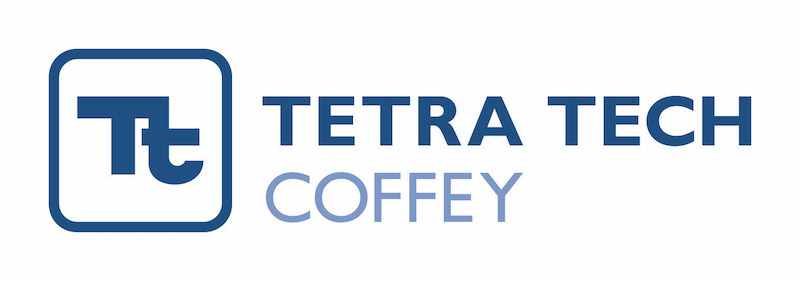The western US and Australia face the twin challenges of providing water to support consumptive and environmental values in the context of frequent water scarcity. They also have broadly comparable cultures, legal systems and levels of development. States in Australia and the western US have pursued different elements of, and approaches to, common groundwater sustainability challenges. This combination of similarities and differences makes for productive lesson-sharing about developing and expanding the implementation of successful law and policy approaches to ensure sustainable groundwater supplies.
Over the past four years, a joint US-Australia initiative, the Comparative Groundwater Law and Policy Program (CGLPP), has conducted research and held workshops with US and Australian groundwater experts and practitioners, with the aim of sharing lessons on law and policy for sustainable groundwater. A key focus of the CGLPP has been law and policy mechanisms for recognizing the impacts that groundwater pumping can have on connected streams and dependent ecosystems. Important topics have included regulatory innovations like “offset” systems for managing river depletion, ecosystem services concepts, and non-regulatory approaches to these challenges, including managed aquifer recharge and agency-NGO partnerships. In this seminar, Rebecca Nelson, Program Leader of the CGLPP, will synthesize the key lessons of the program for Australia. She will also highlight key outstanding questions and issues that deserve further attention.
The Comparative Groundwater Law and Policy Program is a joint initiative of the United States Studies Centre at the University of Sydney, and two Stanford University research institutes—the Woods Institute for the Environment and the Bill Lane Center for the American West. It has been funded by the Dow Sustainability Program of the US Studies Centre, Alliance21, the California Water Foundation, and the S.D. Bechtel, Jr. Foundation.
Biography
Rebecca Nelson leads the Comparative Groundwater Law and Policy Program, a joint initiative of the Woods Institute for the Environment and the Bill Lane Center for the American West, both at Stanford University, and the United States Studies Centre at the University of Sydney. Largely in recognition of this work, Rebecca was recently awarded the Law Council of Australia’s Mahla Pearlman Award for the Australian Young Environmental Lawyer of the Year 2013-2014. Rebecca’s research interests and publications focus on empirical approaches to domestic and comparative environmental and water law. She has an ongoing association with Melbourne Law School through the Centre for Resource, Energy and Environmental Law and teaching in the Melbourne Law Masters Program. She also consults on water law and policy in the US and Australia for a variety of government agencies and NGOs. Prior to her work at Stanford, Rebecca worked in Australia as a lawyer in-house at the Murray-Darling Basin Commission (later Authority) and at the law firm Blake Dawson. She is a candidate for the Doctor of the Science of Law at Stanford University, where her dissertation explores comparative US-Australia approaches to controlling the impacts that groundwater pumping can have on surface waters and ecosystems. Her dissertation work has received the US National Groundwater Association’s Farvolden Award. Rebecca holds Bachelor degrees in law and environmental engineering from the University of Melbourne, and a Master of the Science of Law from Stanford University.
Come Join Us
Date: April 1st 2014
Location: RMIT University, Swanston Street, Building 12, Level 13, Theatre 002.
Time: 5:30 pm for a 6 pm start





